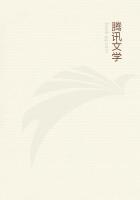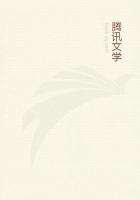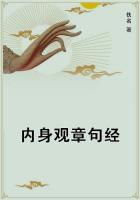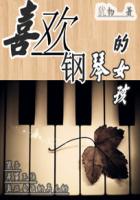Adrianople enjoyed an English consul, and I felt sure that, in Eastern phrase, his house would cease to be his house, and would become the house of my sick comrade. I should have judged rightly under ordinary circumstances, but the levelling plague was abroad, and the dread of it had dominion over the consular mind. So now (whether dying or not, one could hardly tell), upon a quilt stretched out along the floor, there lay the best hope of an ancient line, without the material aids to comfort of even the humblest sort, and (sad to say) without the consolation of a friend, or even a comrade worth having. I have a notion that tenderness and pity are affections occasioned in some measure by living within doors; certainly, at the time I speak of, the open-air life which I have been leading, or the wayfaring hardships of the journey, had so strangely blunted me, that I felt intolerant of illness, and looked down upon my companion as if the poor fellow in falling ill had betrayed a want of spirit. I entertained too a most absurd idea - an idea that his illness was partly affected. You see that I have made a confession: this I hope - that I may always hereafter look charitably upon the hard, savage acts of peasants, and the cruelties of a "brutal" soldiery. God knows that I strived to melt myself into common charity, and to put on a gentleness which I could not feel, but this attempt did not cheat the keenness of the sufferer; he could not have felt the less deserted because that I was with him.
We called to aid a solemn Armenian (I think he was) half soothsayer, half hakim, or doctor, who, all the while counting his beads, fixed his eyes steadily upon the patient, and then suddenly dealt him a violent blow on the chest.
Methley bravely dissembled his pain, for he fancied that the blow was meant to try whether or not the plague were on him.

